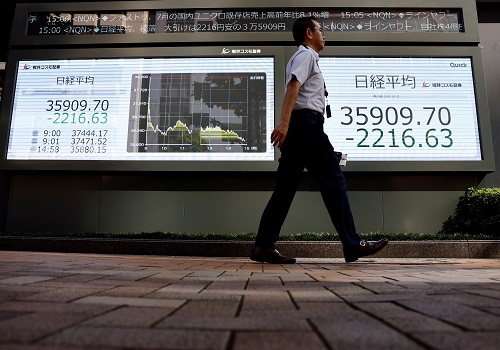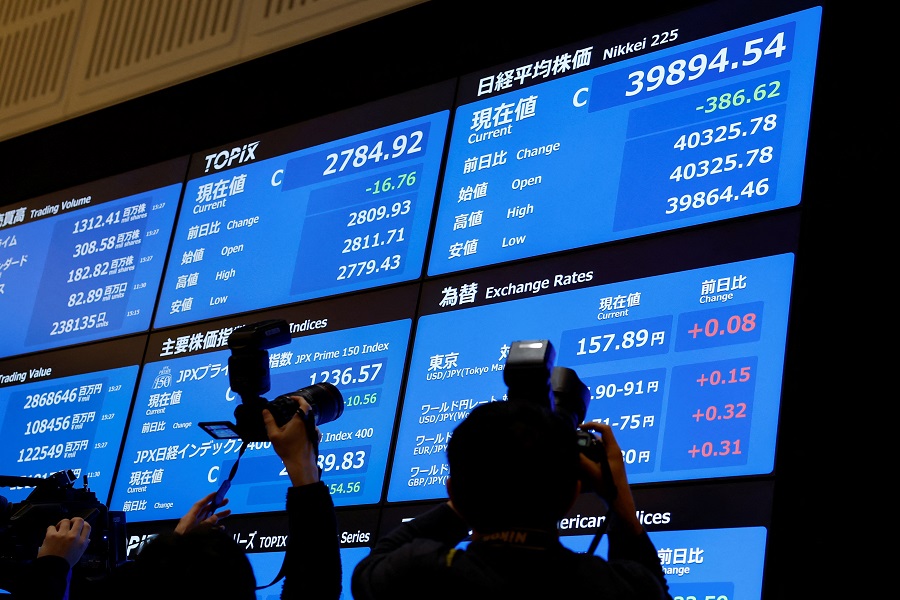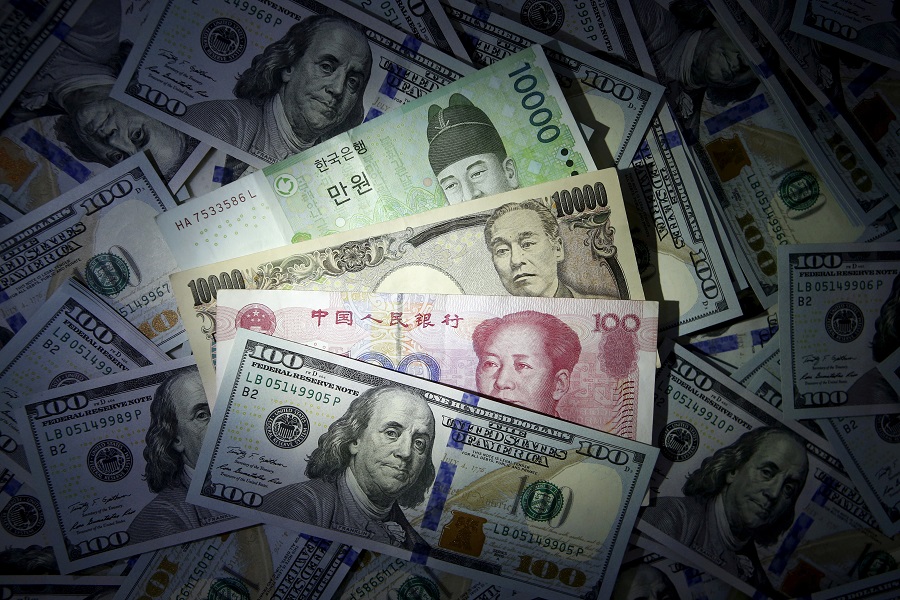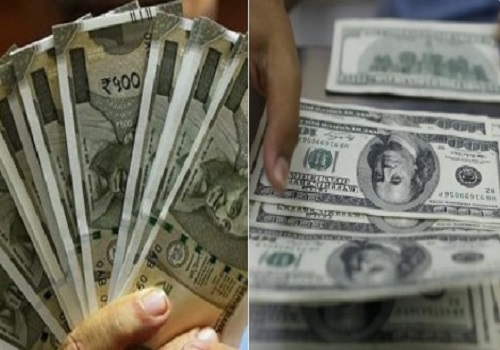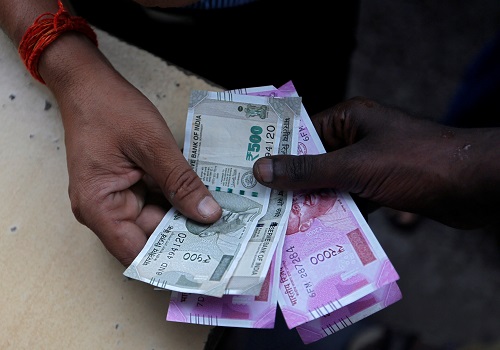Aussie, New Zealand dollars tumble on risk-off moves; yen rises
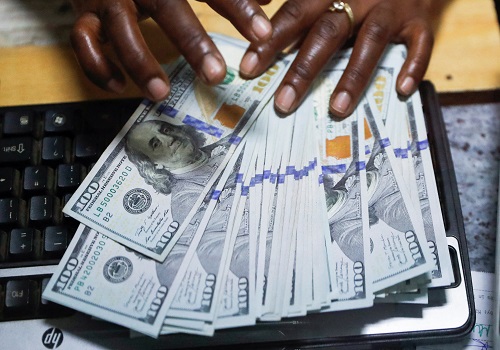
A wave of risk aversion swept over markets on Friday and sent the Australian and New Zealand dollars sharply lower, while the yen found support on safe-haven gains following media reports that explosions had occurred in Iran.
The latest developments sparked greater concern over a widening of the Israeli-Hamas war in the Middle East, prompting a flight to safety as investors swept up typical safe-haven assets like the U.S. dollar and the yen, alongside U.S. Treasuries and gold. [MKTS/GLOB]
The risk-sensitive Australian dollar tumbled 0.8% to $0.6370, and the New Zealand dollar fell 0.63% to $0.5864. The yen rose more than 0.3% to 154.10.
ABC News reported late on Thursday that Israeli missiles have hit a site in Iran, citing a U.S. official.
In the broader market, a resurgent dollar headed towards a second straight week of gains as a hotter-than-expected U.S. economy has pushed back investors' and policymakers' expectations of the trajectory of Federal Reserve rate cuts.
The greenback's 0.27% gain for the week was capped by a slight stall in its rally following a rare trilateral warning from finance chiefs in the United States, Japan and South Korea over the two Asian nations' sliding currencies, raising the risk of a potential joint intervention.
That's as Asian currencies, in particular, come under immense pressure from the dollar's strength.
"It is symbolic that they made that joint statement," said Carol Kong, a currency strategist at Commonwealth Bank of Australia (CBA).
"Given the recent developments, the prospect of a joint Asian FX intervention is definitely rising. I'm not sure about whether or not the U.S. will be involved in that intervention, because ultimately, a stronger U.S. dollar will just help the FOMC's inflation fight."
Bank of Japan Governor Kazuo Ueda said on Thursday the central bank may raise interest rates again if the yen's declines significantly push up inflation, highlighting the impact currency moves may have on the timing of the next policy shift.
Ueda's comments come ahead of the BOJ's monetary policy meeting next week.
Elsewhere, sterling fell 0.24% to $1.24075, leaving it on track to lose 0.3% for the week. The euro eased 0.19% to $1.06225 and was set to clock a marginal weekly loss.
While expectations of a first Fed rate cut have been pushed back to later this year, traders expect the European Central Bank to begin its rate easing cycle in June, which will likely keep the common currency weak for some time.
"Once the ECB starts cutting, it'll be apparent that global central banks will face divergent monetary policy easing cycles, and that will just exacerbate the strength in the dollar against the euro and other major currencies," said CBA's Kong.
Fed funds futures now show just about 40 basis points (bps)worth of cuts priced in for the U.S. central bank this year - a significant pullback from the 160 bps of easing expected at the start of the year.
The shift in rate expectations has come on the back of a slew of resilient U.S. economic data that has repeatedly surpassed expectations, alongside still-sticky inflationary pressures.
The data has also resulted in Fed policymakers pushing back on market bets for U.S. rate cuts beginning as early as June, and Chair Jerome Powell early this week similarly said monetary policy needs to be restrictive for longer.
"Although policy easing may arrive a bit later than previously expected, we still believe the FOMC will start cutting rates before the year is out," said economists at Wells Fargo. "We expect inflation to trend lower throughout the year, but progress will likely be gradual."
Against a basket of currencies, the greenback rose 0.1% to 106.28, hovering near a more than five-month high of 106.51.

















